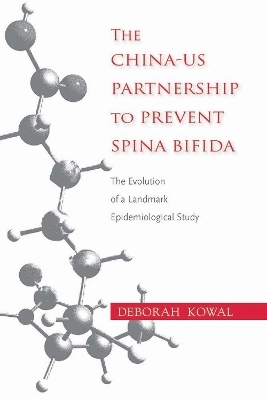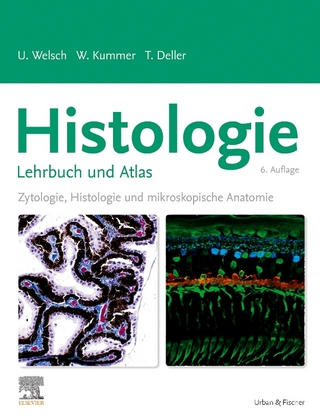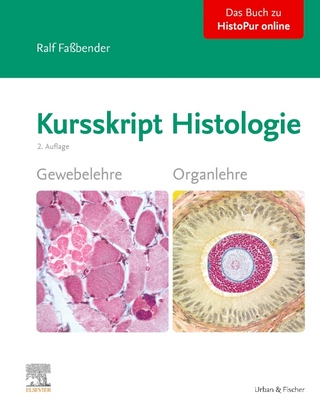
The China-US Partnership to Prevent Spina Bifida
The Evolution of a Landmark Epidemiological Study
Seiten
2015
Vanderbilt University Press (Verlag)
978-0-8265-2026-5 (ISBN)
Vanderbilt University Press (Verlag)
978-0-8265-2026-5 (ISBN)
In 1983 two doctors, one from each side of the world, decided to form a partnership, and so began a scientific adventure that would improve the odds that babies could be born healthy and whole. Neural tube defects that severely disabled or killed babies were epidemic in China (where the folk term was guai tai--roughly ""monster baby""--for an infant whose embryonic neural tube doesn't completely close and whose head and neck may be misshapen or spine may protrude) and a significant problem in the United States, leading teams of researchers from the United States and China to combine forces to recruit more than 285,000 Chinese women and to follow nearly 250,000 pregnancies in an epidemiological study.
Sixteen thousand staff were involved in running the project, which encountered massive bureaucratic obstacles as well as cultural differences, politicking for study designs and funding, the crisis of Tiananmen Square, and testy debates over research ethics. Nevertheless, the researchers persevered in a collaboration that lasted more than three decades and led to landmark findings on the role of folic acid in preventing spina bifida. Fortifying cereal grain products with folic acid became routine in the United States and a growing number of nations around the world: that intervention was named one of the ten great public health achievements of the last decade.
Sixteen thousand staff were involved in running the project, which encountered massive bureaucratic obstacles as well as cultural differences, politicking for study designs and funding, the crisis of Tiananmen Square, and testy debates over research ethics. Nevertheless, the researchers persevered in a collaboration that lasted more than three decades and led to landmark findings on the role of folic acid in preventing spina bifida. Fortifying cereal grain products with folic acid became routine in the United States and a growing number of nations around the world: that intervention was named one of the ten great public health achievements of the last decade.
Deborah Kowal is executive editor and a coauthor of Contraceptive Technology, now in its twentieth edition with more than two million copies in print. As a medical writer specializing in women's reproductive health, she has consulted with the US Centers for Disease Control and Prevention, the World Health Organization, and other organizations. For more than thirty years, she wrote the Public Health section in the World Book Encyclopedia's Science Year Annuals.
| Erscheint lt. Verlag | 30.8.2015 |
|---|---|
| Zusatzinfo | 2 black & white illustrations |
| Verlagsort | Tennessee |
| Sprache | englisch |
| Maße | 147 x 228 mm |
| Gewicht | 522 g |
| Themenwelt | Medizin / Pharmazie ► Medizinische Fachgebiete ► Neurologie |
| Medizin / Pharmazie ► Medizinische Fachgebiete ► Pädiatrie | |
| Studium ► 1. Studienabschnitt (Vorklinik) ► Histologie / Embryologie | |
| Studium ► Querschnittsbereiche ► Epidemiologie / Med. Biometrie | |
| ISBN-10 | 0-8265-2026-X / 082652026X |
| ISBN-13 | 978-0-8265-2026-5 / 9780826520265 |
| Zustand | Neuware |
| Haben Sie eine Frage zum Produkt? |
Mehr entdecken
aus dem Bereich
aus dem Bereich
Zytologie, Histologie und mikroskopische Anatomie
Buch | Hardcover (2022)
Urban & Fischer in Elsevier (Verlag)
54,00 €
Gewebelehre, Organlehre
Buch | Spiralbindung (2024)
Urban & Fischer in Elsevier (Verlag)
25,00 €


